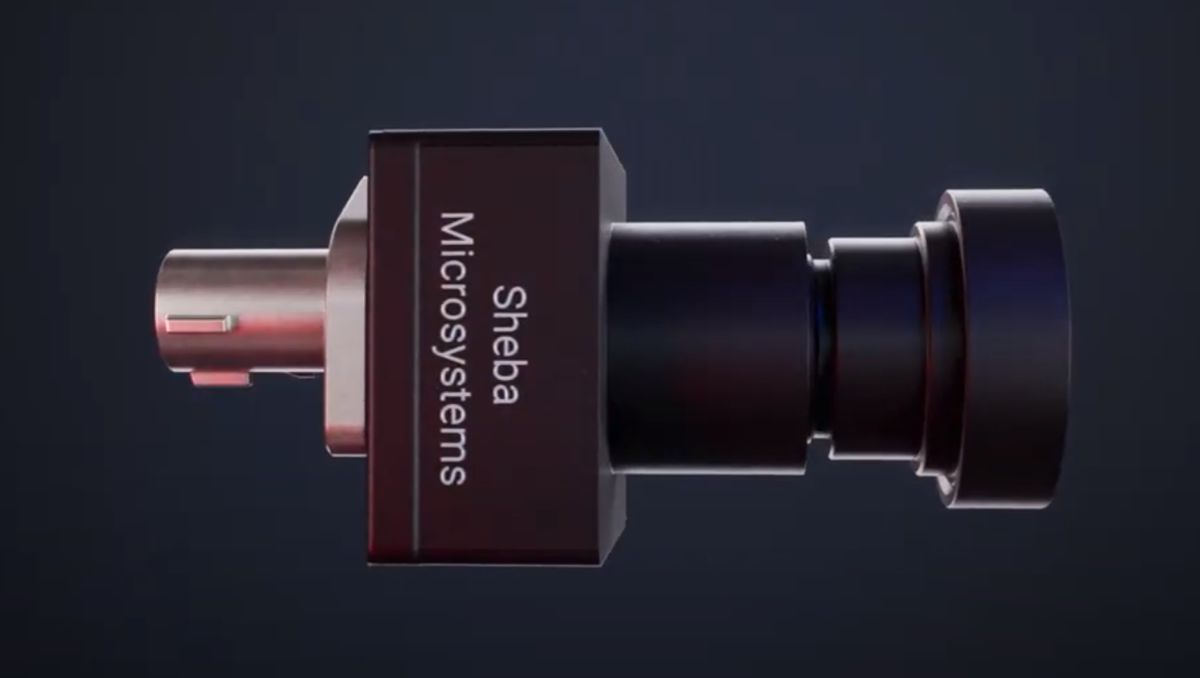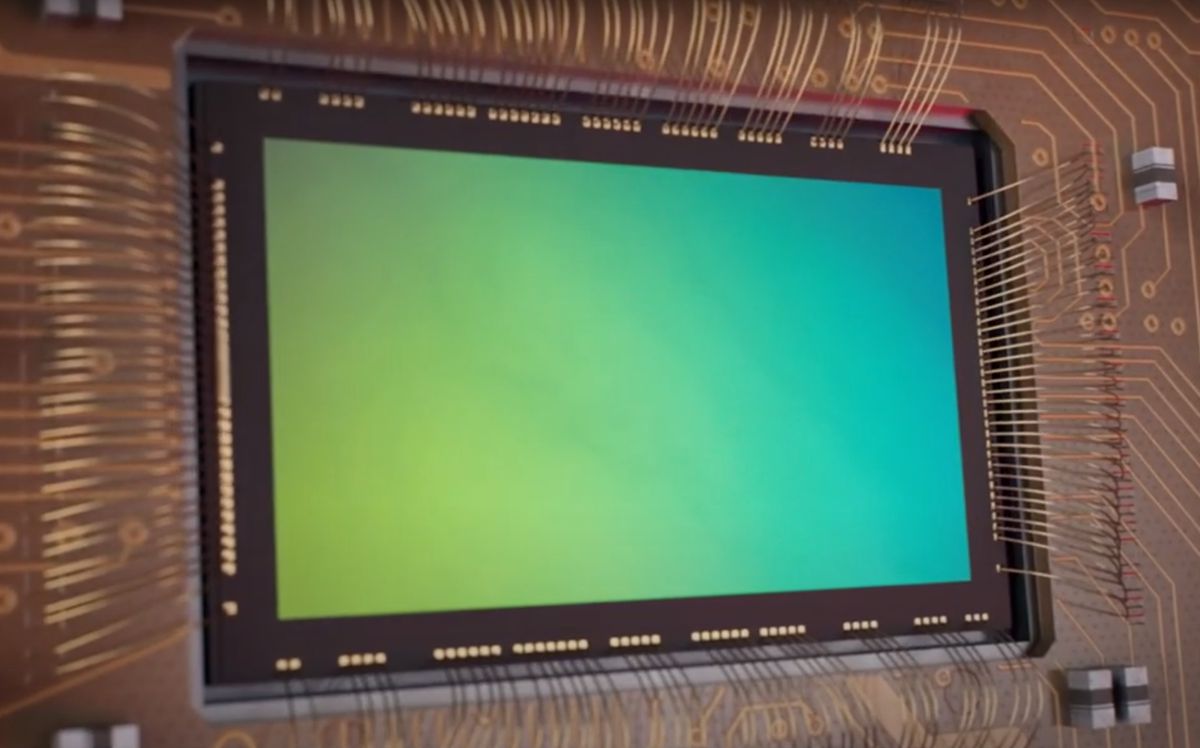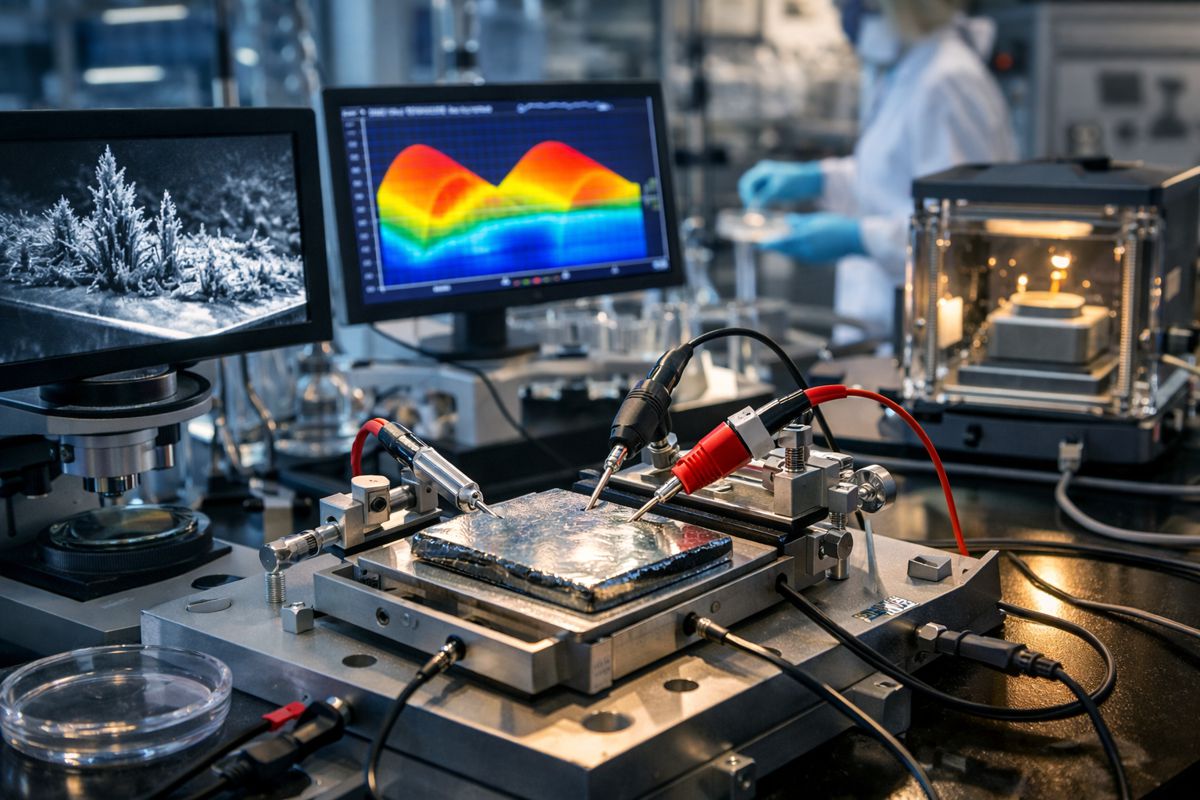Sheba Microsystems announces the first Autofocus Automotive Camera
Sheba Microsystems Inc., a leader in MEMS technologies, today announced the launch of Sharp-7, the world’s first autofocus automotive camera. It is the first time Sheba is offering an automotive-specific solution, incorporating an automotive grade large 8 megapixel (MP) sensor with a fully integrated MEMS driver.
Sharp-7 will be available to demo in-person for the first time at the 2024 AutoSens USA conference in Detroit, Michigan, May 21-23, 2024.
Powered by Sheba’s patented MEMS actuators, Sharp-7 produces unprecedented consistent, high-quality imaging across automotive temperature range and showcases the potential for even higher resolution image sensor adoption in Advanced driver-assistance systems (ADAS) cameras.
Automotive cameras often face challenges in maintaining image quality and focus stability during temperature fluctuations as the optics and camera parts undergo thermal expansion. As the automotive sensor market continues to trend towards higher resolution sensors, this problem becomes increasingly pronounced due to the sensors’ smaller pixel size. Smaller pixels require more precise alignment of the optics to ensure that light is accurately focused on each pixel, and any misalignment due to thermal expansion or contraction can lead to blurring or distortion – problematic for any camera and especially for automotive due to the extended temperature range.

Sheba’s proprietary technology compensates for this thermal expansion by moving the lightweight sensor along the optical axis, instead of moving the lenses. The weight of the image sensor represents only 2-3 % of the optical lens weight, which makes it easier to handle, thus enabling ultra-fast and precise autofocus performance even when temperatures fluctuate. This novel approach unlocks the powerful advantages that high-resolution sensors can bring to automotive cameras, such as ultra-precise object detection (pedestrians, animals, and road signs) and digital zooming.
“Over the past two decades we all have seen how high-resolution sensors have dramatically improved cameras on our phones. A key enabler for such high-resolution imaging was the adoption of autofocus actuators,” said Dr. Faez Ba-Tis, PhD, CEO and co-founder of Sheba. “But the absence of reliable autofocus actuator technology that can operate in the automotive environment, coupled with the problem of thermal expansion, has been a decades-long blocker and has limited the adoption of high-resolution sensors in automotive cameras. With the Sharp-7 camera we wanted to demonstrate not only how Sheba MEMS technology solves for thermal expansion and produces consistent high-quality imaging from existing 8 MP sensors, but also how our technology paves the road towards the adoption of even higher resolution image sensors, which will ultimately keep everyone on the road safer, especially with today’s advancements in autonomous vehicle technology. Our mobile phones should not have better cameras than our cars.”
Sheba’s electrostatic actuators are uniquely suited to solve the thermal expansion issue, as they are thermally stable and maintain consistent performance regardless of temperature changes from -40 to 150 degrees Celsius. They are also fast, precise, low power, and small in size. Sheba’s MEMS technology has passed reliability tests, including drop, thermal shock, thermal cycling, vibration, mechanical shock, tumble, and microdrop tests. It is also highly rugged, which helps maintain image focus during shocks in automotive environments.





























